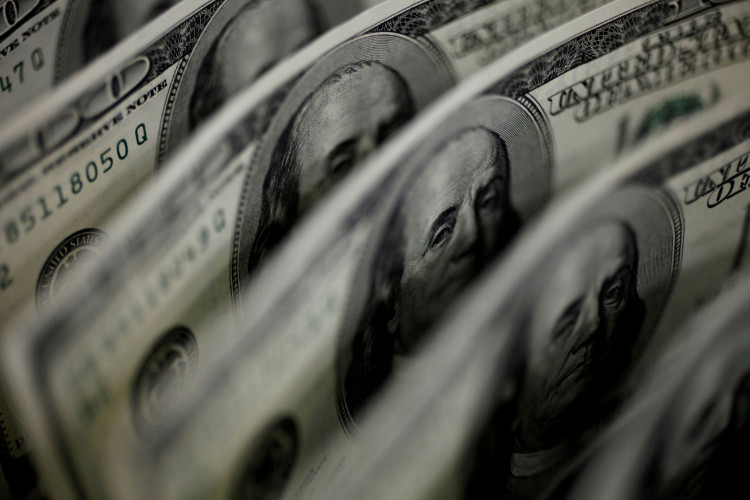On Monday, the dollar remained stable and the yen retreated from a seven-week high as investors evaluated the efforts of regulators and authorities to alleviate concerns surrounding the global banking system. The dollar index, which compares the currency against six competitors, rose 0.1% to 103.09 after gaining 0.5% on Friday due to apprehensions in the European banking sector.
This month, global banking stocks suffered significant losses following the abrupt collapse of two American banks and Credit Suisse's (CSGN.S) rescue, prompting authorities to intervene and calm investors. The Federal Deposit Insurance Corporation announced on Monday that First Citizens BancShares Inc (FCNCA.O) would acquire all of Silicon Valley Bank's (SIVB.O) loans and deposits from the regulator, which alleviated some concerns about contagion in Europe.
As a result, an index of European banking shares (.SX7P) increased by 1.5%, led by Deutsche Bank (DBKGn.DE), which rose 4.3% after dropping 8.5% on Friday. Risk-averse investors had pushed the yen to a seven-week high of 129.65 per dollar on Friday, with the currency on course for a nearly 4% gain in March. The yen was last down approximately 0.6% at 131.50 per dollar.
Niels Christensen, Chief Analyst at Nordea, said, "Traders are being careful, not knowing if there will be any new negative news from the European financial sector or from the U.S. They got a big scare in the last fortnight but if the stress disappears slowly, markets will be more focused on central bank expectations going forward."
On Wednesday, the U.S. Federal Reserve cautiously raised interest rates by 25 basis points due to banking sector turmoil, but Fed Chair Jerome Powell left the possibility for additional rate hikes open if needed. Markets currently estimate a 55% likelihood of the Fed maintaining interest rates at their next meeting in May and predict a rate cut as soon as July.
In contrast, markets anticipate over 40 basis points of tightening from the European Central Bank by summer and no rate cuts by year-end. "Market pricing is more hawkish for the ECB than the Fed, so on that front the dollar is a little bit vulnerable," said Nordea's Christensen.
On Monday, data revealed an unexpected improvement in German business morale in March, despite the banking sector upheaval. The euro increased 0.1% to $1.0772 after declining 0.6% on Friday, with crucial inflation data expected later this week. Sterling rose 0.3% on the day to $1.2270 after sliding 0.5% on Friday.
Minneapolis Fed President Neel Kashkari expressed concern on Sunday about the recent stress in the banking sector and the potential for a subsequent credit crunch pushing the U.S. closer to recession. "What's unclear for us is how much of these banking stresses are leading to a widespread credit crunch. That credit crunch... would then slow down the economy," Kashkari stated on the CBS show Face the Nation. "This is something we are monitoring very, very closely."
The Australian dollar was virtually unchanged at $0.6643, while the New Zealand dollar fell 0.3% to $0.6183. In the cryptocurrency market, bitcoin declined 0.2% to $27,945, and ether dropped 0.5% to $1,767.






